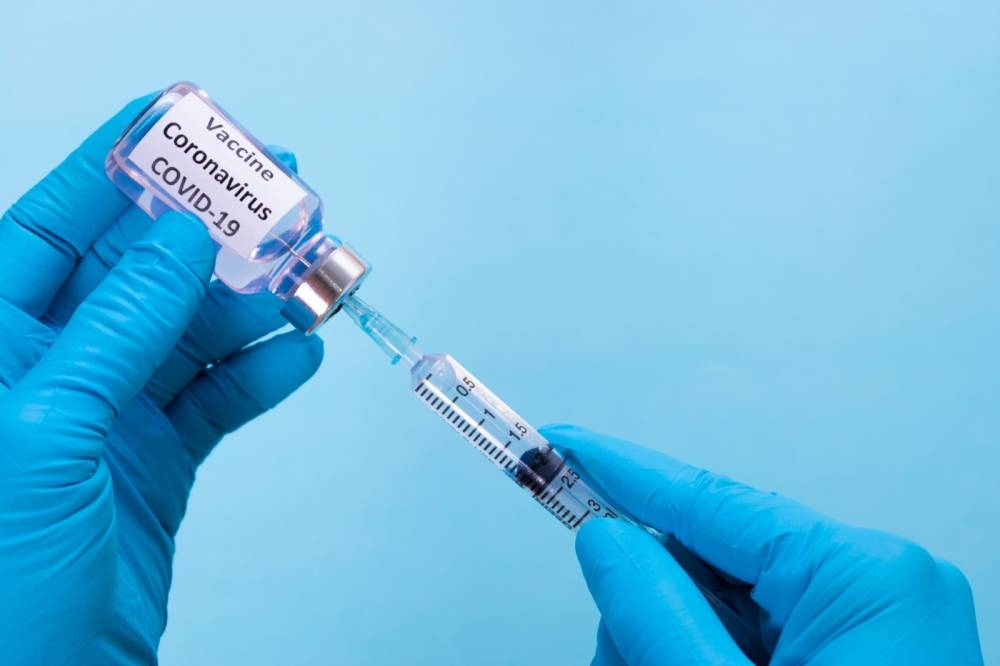Price control of Covid-19 vaccine in Malaysia
JASON TIONG KION KAI
Overview of medicines price control
Medicines remain integral to healthcare; they help control symptoms, prevent diseases, and treat illnesses. However, the cost of medicines can take a big chunk out of the consumers and our healthcare system budget. Therefore, high medicines prices is one of the obstacles to optimum healthcare access.
Medicines price control is the principle or requirement adopted by fellow stakeholders to manage medicines prices. The overall aims of medicines price control focus on achieving affordable and equitable access to quality, safe and effective medicines.
Medicines price control mechanisms vary between different organisations, institutions or individuals. A good and sound medicines price control mechanism, in conjunction with other broader system-strengthening policies, will put our healthcare system in good stead for improving access to affordable medicines while ensuring continuity of supply.
Starting in 2012, the Malaysian National Medicine Policy (MNMP) has included medicines price transparency as part of its pharmaceutical pricing strategies to ensure adequate, continuous and equitable access to quality, safe, effective and affordable medicines. The Ministry of Health (MOH) has also encouraged voluntary disclosure of medicines prices by pharmaceutical companies so that the information can be published as the market reference price. However, measures to control the high medicines price fall short as the regulation of medicine pricing, especially in the private sector, is still lacking.
The need for price control of Covid-19 vaccine
During the Covid-19 pandemic, the people were given options to receive free Covid-19 vaccinations under the national programme or to pay for their preferred vaccines at private hospitals and clinics.
In Malaysia, medicine prices in the private sector are not regulated. Instead, they are determined entirely by market forces with no laws or policies in place to control the prices. Malaysia practices a "free market economy" and a "price deregulation system" in which manufacturers, distributors and retailers set medicine prices without government interference. As a result, the Covid-19 vaccines in the private sector were sold at different prices and there were also complaints of costly prices.
Fair pricing and effective financing remain essential to ensure equitable medicines access for everyone, including vaccines. Strategies for measuring, monitoring and managing prices are important to promote access to medicines that correspond to public health needs.
Setting of Covid-19 Vaccine Ceiling Price
On Jan 15, 2022, the maximum wholesale prices and maximum retail prices were gazetted under The Price Control and Anti-Profiteering (Determination of Maximum Price) Order 2022 and enforced for two (2) brands of Covid-19 vaccines, i.e. CoronaVac and COVILO. The price cap excludes service charges and costs of disposable items incurred during the administration of vaccines.
The objective of the policy was to stop the Covid-19 vaccines from becoming too expensive and unaffordable due to high demand during the pandemic. The fair ceiling prices were determined in accordance with the Price Control and Antiprofiteering Act (Act 723), under the Ministry of Domestic Trade and Consumer Affairs (KPDNHEP). In addition, private hospitals and clinics providing the Covid-19 vaccines which are under price control need to display their respective selling price information for consumers’ reference.
This measure increases access of the vaccines and price transparency for the people. As a smart consumer, one should check the price cap set by the government and compulsory display of selling prices by the private healthcare facilities to make informed choices in getting Covid-19 vaccines or booster doses via the private channel. The government has also stated that the list of Covid-19 vaccines and corresponding prices will be reviewed according to market needs and current situation.
Any information discrepancy or sale of Covid-19 vaccines above the ceiling prices should be reported to the authority at https://moh.sdap.gov.my.
Please call the national Pharmacy Call Centre (NPCC) at the toll-free line 1800-88-6722, weekdays except public holidays from 8am to 5pm if there are any inquiries regarding medicines.
Jason Tiong Kion Kai is the Principal Assistant Director, Pharmaceutical Services Division, Penang State Health Department.










